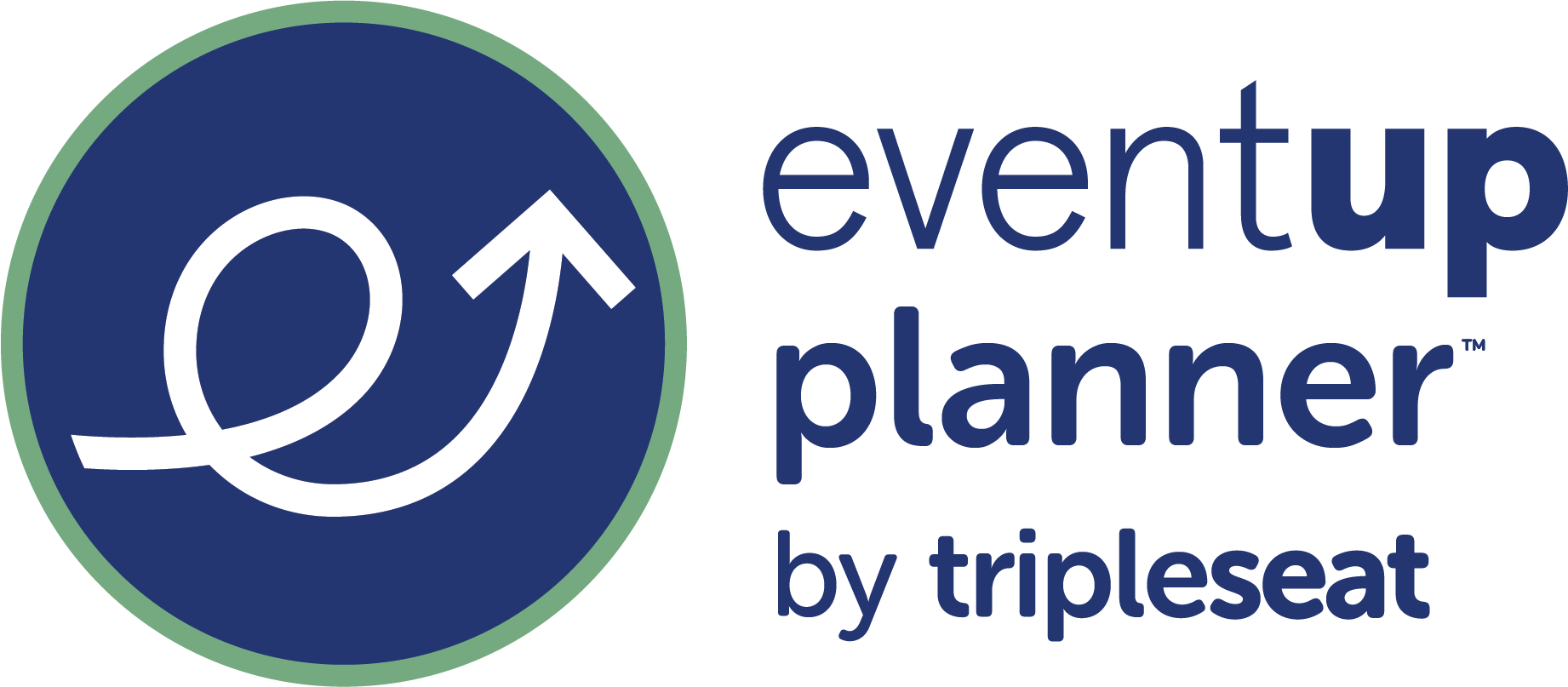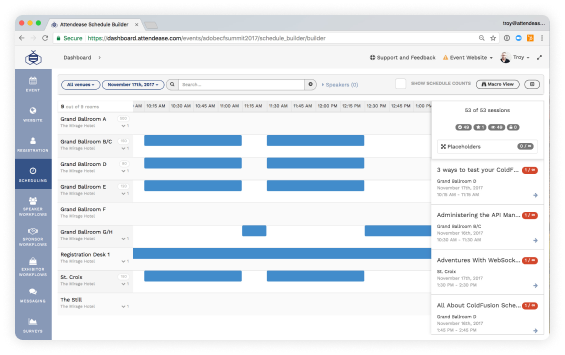Nonprofits host many events each year for various purposes, from fundraising to volunteer training to donor appreciation. Successfully hosting all these events requires a dedicated team of planners who will handle all the necessary tasks and logistics. However, that’s not to say that support from other community members isn’t beneficial.
In particular, your organization’s board of directors can provide key support for your event—you just need to know how best to leverage their skills and connections. In this guide, we’ll cover three reasons why your nonprofit’s board members should be involved in your events and tips on how they can help. Let’s begin!
1. Strategic Insights
Board members often handle governance and oversight of their organizations, as well as strategic planning to support the organization’s mission and goals. Their duties may fall in the following areas:
- Mission and vision. Board members often help refine their nonprofit’s mission, vision, and strategic goals, which guides the nonprofit’s operations and the board’s own responsibilities.
- Finance. A board of directors may keep finances organized by approving budgets, monitoring the nonprofit’s financial health, and ensuring proper financial management and reporting.
- Compliance. Board members may identify potential risks to the nonprofit and ensure that it adheres to all legal requirements.
- Long-term strategy. Since a board of directors handles governance and oversight, including policy development and performance monitoring, they’re usually in a good position to lay the foundation for the nonprofit’s long-term strategy and secure the resources it needs to grow.
Having the skills to perform these duties translates well to the strategic oversight of your nonprofit’s event. For example, your board members who deal with big-picture finances for your nonprofit may be able to assist your financial team with establishing the event’s budget, pricing tickets, and recommending cost-saving measures that optimize the event’s return on investment (ROI).
Additionally, since your events likely fit somewhere in your organization’s overall strategic plan, your board members may have key insights to offer your event planning team. For example, if you’re hosting a fundraising event as part of your capital campaign, your board can let you know how much money the event must raise for your nonprofit to meet its campaign goals. Or, for a campaign kickoff event, they might provide the overarching goals and vision for the campaign that your nonprofit should present to its stakeholders.
2. Networks
Another reason for board members to get involved with your nonprofit’s events is their networks. Usually, nonprofits choose well-connected, wealthy, and passionate individuals dedicated to helping the organization succeed to serve on their board of directors. Since one of the main reasons you’ve chosen them is for their connections, why not leverage them for your events?
For fundraising events in particular, have board members reach out to previous or potential major donors in their networks to ensure you meet your goals. They can work closely with your major gifts officer to identify these valuable individuals, connect with them, and build relationships.
With a pre-existing relationship or connection, major donors will be more inclined to make a large gift for your nonprofit’s event. And, they’ll appreciate that your nonprofit is communicating with them through a high-level member of your organization.
Another way your board members’ connections can benefit your nonprofit is when it comes to partnering with businesses. According to Double the Donation, charitable organizations usually seek sponsorships by:
- Contacting local businesses
- Seeking out shared values
- Researching online
After they identify potential corporate partners that can make a significant impact on their event, the nonprofit’s sponsorship team will begin outreach to them.
With your board members’ network, you may be able to skip a few steps in this process and avoid difficult discussions. Have board members recommend businesses and corporations they have connections with and may be interested in sponsoring your nonprofit’s event. The board member can reach out to their points of contact to solicit the business’s help themselves, improving your chances of successfully landing a sponsorship.
3. Board Engagement
Our last reason why board members should be involved in your nonprofit’s events is engagement. Just as you motivate your organization’s staff members, you should have strategies in place to keep board members feeling energized and dedicated to your nonprofit’s cause.
Engaged board members:
- Are connected to your mission. When board members are engaged, they feel a personal connection to your nonprofit’s mission and are passionate about furthering it. This makes them more likely to regularly attend meetings, participate in key discussions, and contribute to important decision-making.
- Lead by example. Engaged board members aren’t afraid to advocate for your nonprofit within their communities and amongst potential donors and partners. They’re happy to take on additional responsibilities, interact with staff members and supporters, and show off their dedication to your nonprofit.
- Improve organizational culture. When a business has engaged employees, it results in a more positive company culture where everyone feels motivated to work hard and meet company goals. It’s similar for board members in a nonprofit—their dedication will inspire staff members to work harder and supporters to volunteer and donate more.
Don’t forget, at the end of the day, your board members should be your nonprofit’s staunchest supporters—meaning they’re often major donors themselves, too. Donorly highlights three markers of major donor prospects:
- Capacity markers, or wealth markers, indicate a donor is in a financial position to be a high-capacity donor for your nonprofit.
- Affinity markers, or warmth markers, show a donor is interested in supporting your organization’s mission because it resonates with their experiences or values.
- Propensity markers, or habit markers, indicate a prospect has demonstrated a personal commitment to support nonprofits with their donations and time.
Your board members should have all three of these markers. The fact that they agreed to serve on your board means that they’re willing to support nonprofits in general and boost your mission in particular. Keeping them engaged is valuable beyond their roles as board members, as they may also serve as loyal major donors.
By encouraging board members to get involved with your nonprofit’s events, you’ll have an easier time keeping them engaged and retaining their support.
With the help of your board members, you’ll host events that give attendees exactly what they want—a lively way to get involved with and support your mission. Not only that, but you’ll make event planning easier by tapping into your board’s expertise and connections, keeping them engaged with and dedicated to your cause. Be sure to show your appreciation for your board members’ hard work and encourage them to lend their aid to your events again in the future!



